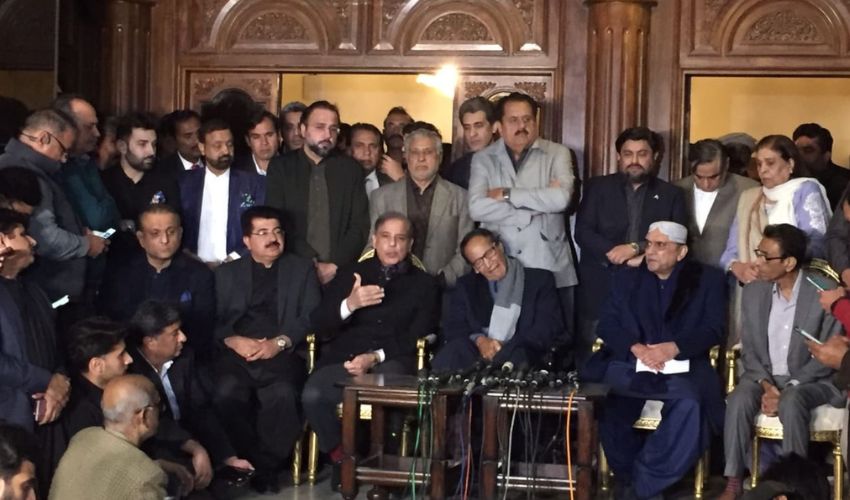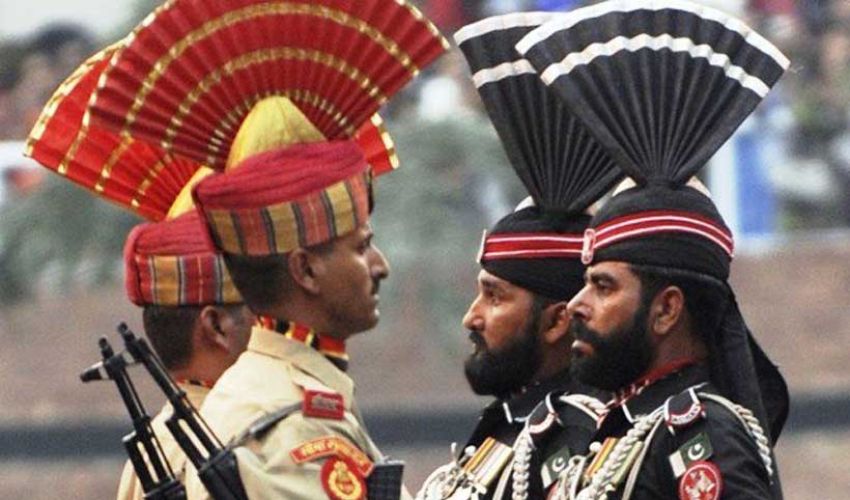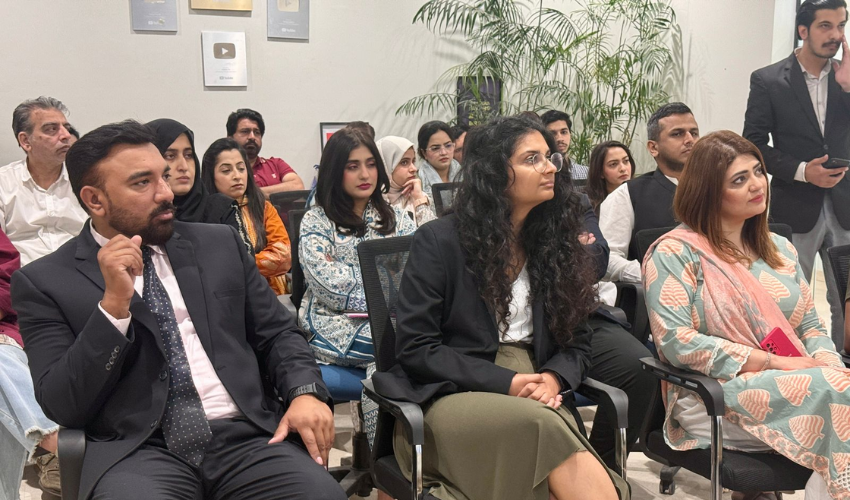Political leaders from various parties, including the Pakistan Muslim League-Nawaz (PML-N), Pakistan People's Party (PPP), Muttahida Qaumi Movement-Pakistan (MQM-P), Pakistan Muslim League, Istehkam-e-Pakistan Party (IPP), and Balochistan Awami Party (BAP), have announced plans to form a coalition government.
This decision emerged following a meeting held at Chaudhary Shujaat Hussain's residence, where leaders discussed strategies for governance.
Speaking to media after the meeting, Asif Ali Zardari expressed determination to establish the coalition government. He emphasized the importance of a unified agenda, focusing on economic, defense, and other critical issues to ensure Pakistan's success.
Zardari highlighted that despite competing against each other in elections, they are not ideological opponents and can collectively manage the country, adding that reconciliation efforts will extend to include PTI as well.
"Thank you, Chaudhary Shujaat, for hosting us all here," expressed Shahbaz Sharif as he acknowledged the gathering. "The election phase has concluded, and Parliament is on the brink of formation," he continued, emphasizing the transition. "It is imperative for the economy to stabilize," he asserted, underlining the significance of financial strength.
"National unity is paramount for progress," Sharif remarked, highlighting the need for solidarity among diverse factions. "The recent IMF agreement has bolstered the country's economic standing," he added, acknowledging the pivotal role of international support.
"I extend my gratitude to Bilawal Bhutto for his voting decision," Sharif expressed appreciation for Bhutto's stance. "The nation has spoken; these parties now hold a two-thirds majority," he asserted, indicating the significant electoral mandate received.
"Inclusive representation from Sindh, Punjab, Balochistan, and KP signifies our collective strength," Sharif noted, emphasizing the diverse yet unified representation. "With our majority, we pledge to address the nation's challenges," he assured, committing to effective governance.
"Did we not rescue Pakistan from the brink of bankruptcy?" Sharif questioned, highlighting past achievements and future aspirations.
Despite past rivalries, MQM’s Khalid Maqbool Siddiqui emphasized, "We may differ in ideology, but the well-being of Pakistan supersedes all. We have supported Prime Minister Shehbaz Sharif previously, and now we stand united again." This sentiment echoes across the coalition, highlighting a prioritization of national progress over individual party agendas.
Sadiq Sanjrani, representing the BAP, expressed optimism, stating, "Today marks a new beginning. We will work together to ensure a better future for all Pakistanis." This collaborative spirit resonates throughout the coalition, suggesting a potential shift towards more unified governance.
On the other hand, Abdul Aleem Khan of the Istehkam-e-Pakistan Party (IPP), remain cautiously optimistic, the overall mood is one of hope and determination. "People are suffering under inflation," he acknowledged, "but by putting personal agendas aside, we can find solutions."



























